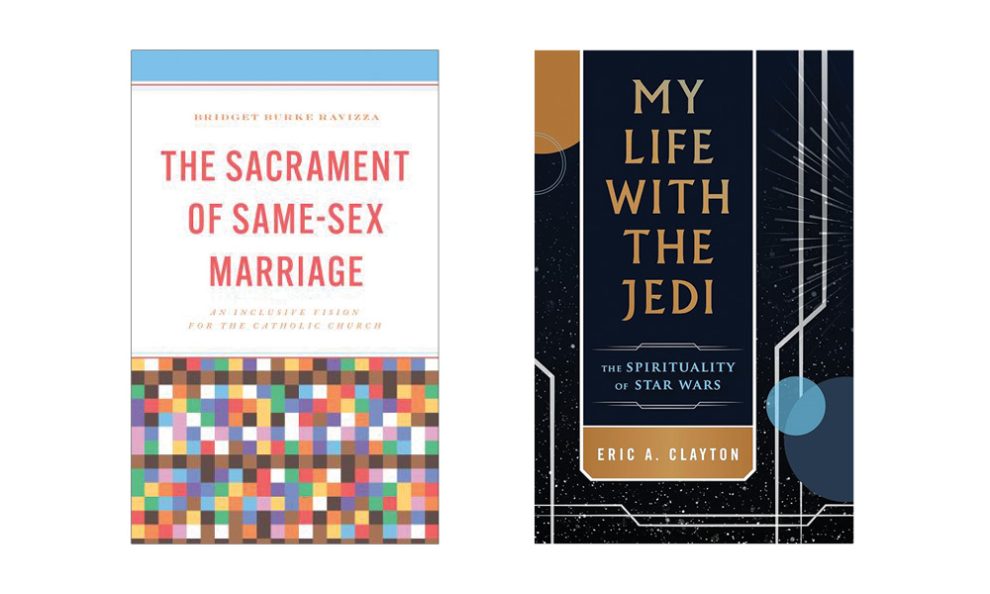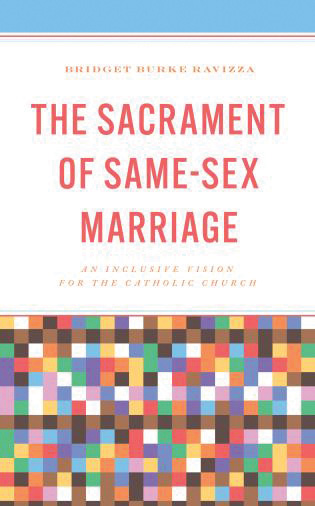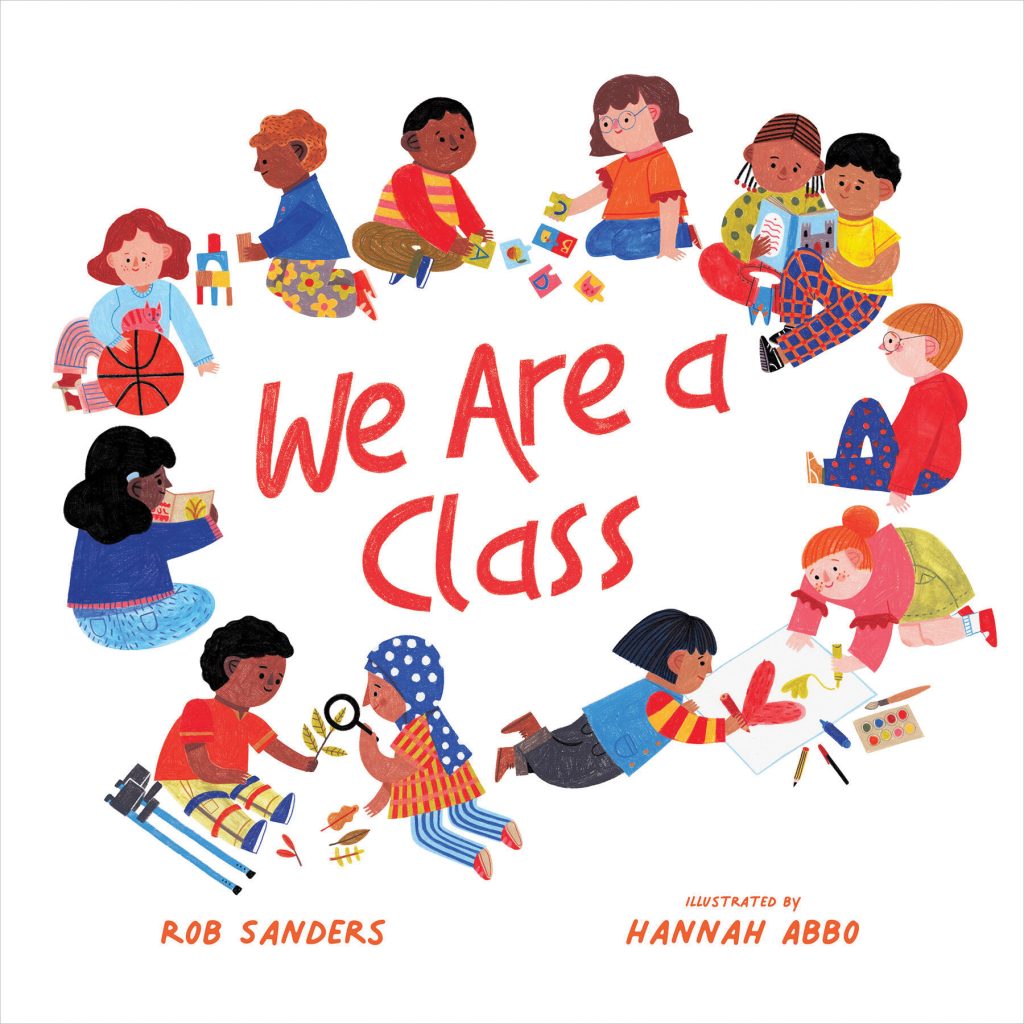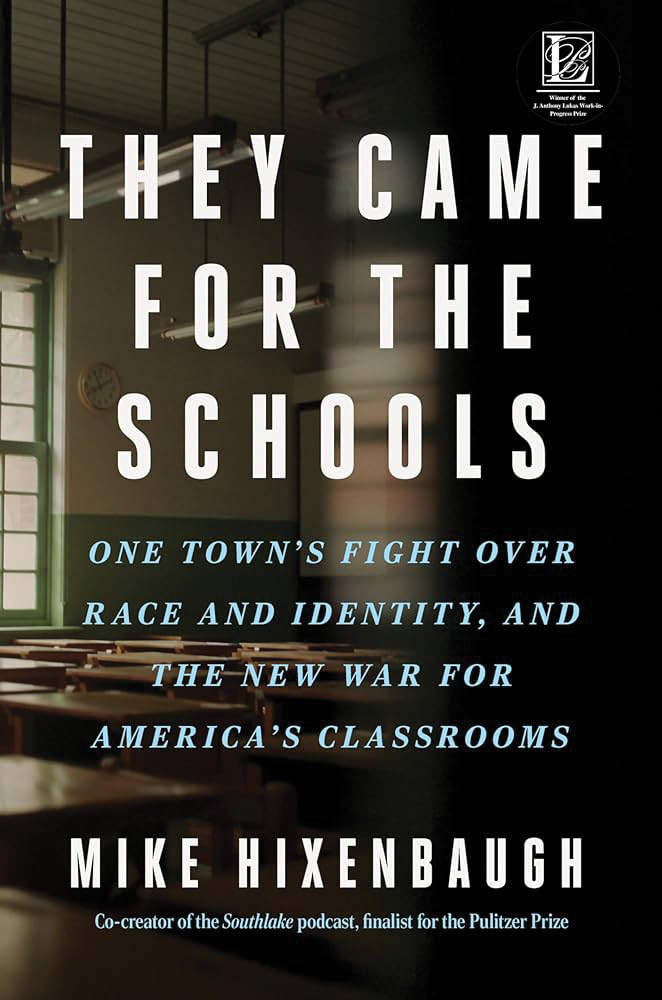The Sacrament of Same-Sex Marriage
By Bridget Burke Ravizza (Rowman & Littlefield, 2024)
In The Sacrament of Same-Sex Marriage: An Inclusive Vision for the Catholic Church, Bridget Burke Ravizza effectively pleads with readers to listen compassionately to the stories of 22 same-sex married couples who have “meaningful connections to the Catholic tradition.”
The relationships run the gamut, but the challenges non-heterosexual couples face, in society and in their chosen faith, cause unnecessary hardship. The stories are alternately heartbreaking, infuriating, and inspirational. One participant became suicidal trying to deny his identity rather than jeopardize his standing in the church. Others, after a process of discernment, made peace with their sexual identity and entered loving committed relationships but lost parents and family members. Many were vilified, faith wielded as a weapon of condemnation.
Yet many couples in the study found meaningful roles in welcoming churches. They have loving families of their own and supportive communities. These couples, the author argues, mirror God’s love to each other and toward the community, becoming, in the process, “de facto sacramental.”
The author embeds the participants’ personal accounts in recent theological discussions. The traditional reasons for deciding LGBTQ+ relations are “disordered” rest on heterosexual complementarity—the idea that God made us male and female—and on the inherent inability of same-sex couples to have children without reproductive technologies which, according to the church, separates the procreative from the unitive. Ravizza argues for a reinterpretation of complementarity by reexamining relevant Biblical passages and suggests further readings in extensive notes and bibliography. The book is more academic as a result, but it serves as a resource for groups desiring to delve more deeply into the issues.
—Maryanne Hannan
My Life with the Jedi
By Eric Clayton (Loyola Press, 2024)
“Now, this is where the fun begins,” is the closing line of the introduction to Eric Clayton’s new book, My Life with the Jedi, and it is idiomatic of this light-hearted discussion of the spirituality of Star Wars. Fans will immediately recognize the quote as Anakin’s opening words in Revenge of the Sith, and Clayton generously sprinkles each section with other familiar lines and references.
Yet, this playfulness in the prose doesn’t distract from the serious and deep concepts Clayton digs into, including the Ignatian Exercises as well as concepts from Daoism and Zen Buddhism. Throughout the book, he interweaves these themes fluidly. For instance, in an extended section on Obi-Wan’s apparent failure in educating Anakin, he writes that “saints and Jedi can surrender to shame and doubt, allowing them to forever control their destiny.”
Many books that attempt to splice popular culture with spiritual practice fall into easy tropes, but Clayton does not do this. He chooses to address the whole world of Star Wars, including the recurrent themes of violence and war that emerge repeatedly in this galaxy far, far away. While his answers, metaphors, and examples may not be convincing to all readers, he provides an intriguing and refreshing exploration for readers who grew up with this franchise and share his enthusiasm for it.
The book could also serve as a primer for Ignatian spirituality, since Clayton includes some of his own experiences of his spiritual journey with St. Ignatius of Loyola as well. Unsurprisingly, this gels nicely with how he frames both the Jedi and the Sith. And the inclusion of other spiritualities in the discussion is also welcome and necessary, since the Force—by George Lucas’ admission—takes its inspiration from East Asian spiritualities such as Daoism and Shinto. Overall, My Life with the Jedi is a satisfying read.
—Alexander Pyles
Briefly noted:
This is Going to Hurt: Following Jesus in a Divided World
By Bekah McNeel (Eerdmans, 2024)
McNeel analyzes how “us versus them” thinking about hot-button topics in the United States such as abortion, immigration, and critical race theory lead people to ignore injustice.
We Are a Class
By Rob Sanders, illustrated by Hannah Abbo (Beaming Books, 2024)
We Are a Class is an inclusive story about what it means to be part of a diverse class of students, helping kids understand what to expect from school.
They Came for the Schools: One Town’s Fight Over Race and Identity, and the New War for America’s Classrooms
By Mike Hixenbaugh (HarperCollins, 2024)
Hixenbaugh reports on forces driving the crusade to ban books, rewrite curricula, and limit rights for minority and LGBTQ+ students.
This article also appears in the August 2024 issue of U.S. Catholic (Vol. 89, No. 8, page 39). Click here to subscribe to the magazine.




















Add comment